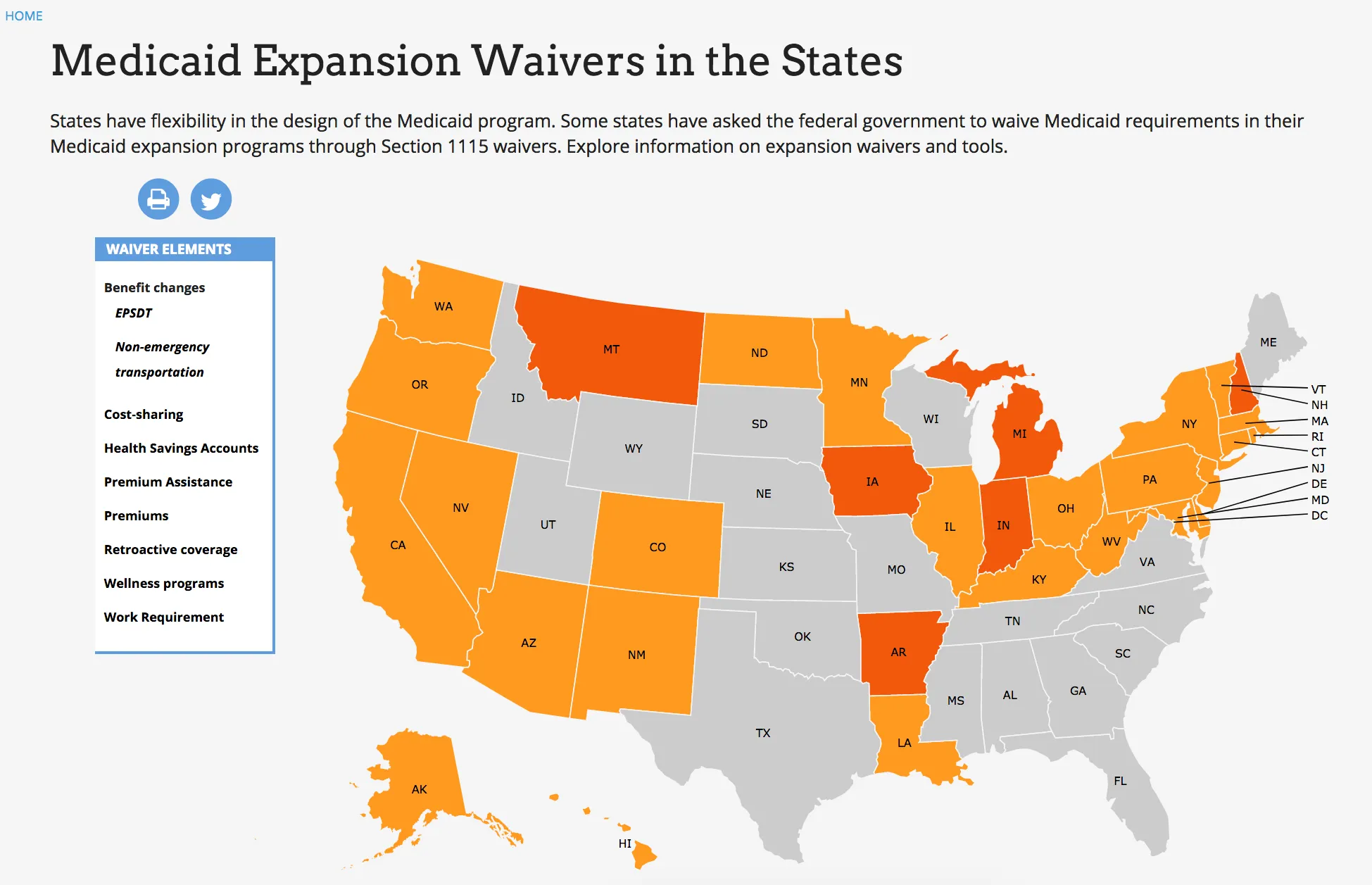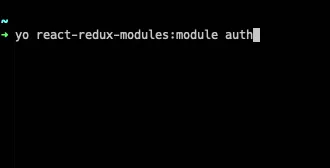I came across this sentence when I was reading through the book, “40 Days of Dating”. “I think whatever you do, just make sure you’re responding and not reacting. It’s easy to get comfortable. Take your time, please.” Timothy Goodman, graphic designer and one half of the “40 Days of Dating” project, was responding to a fan of the project on Facebook, and he decided to give the fan some advice about failed relationships. He is trying to tell this fan to be more mindful in her relationships by sliding back into an abusive relationship. Reacting is allowing the emotions to come out. Responding is allowing the mind to analyze the consequences of what those emotions will produce. “I don’t want to be one of those people who just gets sucked back into a relationship because it’s more comfortable than having to start over,” says the fan.
I’ve written about feeling uncomfortable in the past, and it has an questionable counterpart, comfort. I remember I had this habit of venting to my co-worker on how terrible my life was when she asked me how my day was. She would feed off of that energy and tell me everything that was wrong with her. It was doing me harm because it would leave a bad aftertaste for the rest of my day. Instead of thinking about what my words meant, I allowed my mind to react to this moment as a time to unload all of my problems. It would have been better to avoid those conversations and talk about those things that were bothering me in a safe place.
It’s not enough to identify this problem areas once. Dealing with uncomfortable situations should be a daily habit. There are plenty of moments throughout my day to practice responding to situations rather than reacting. I was on the road earlier today and someone cut me off. Instead of acting out and honking my horn, I listened to my body’s emotional reaction and let it go. The process of letting go is different for person to person. I try to find my non-judgement headspace. If that doesn’t work, I try to take a stab at rational thought, like “I have the ability to control my behavior, and honking the horn doesn’t solve the problem.”
I absolutely love this story by Maurice Rabb, instructor at Dev Bootcamp, that he shared on Facebook.
I had an odd experience today. This morning I was hurrying to meet Audrey and Ella in the Loop. I hate paying for downtown parking, so I was doing my usual trick of parking south of 16th St and riding my folding bike north to the Loop. As I was preparing to pull into a small spot, I noticed that there was someone in the driver’s seat of the car in front of the space. I pulled up and asked > the woman, Excuse me, are you leaving?”
Lady: “No.”
Me (Seeing that no one was parked ahead of her): “Can you give me a foot?”
Lady: “Huh?” Turning towards me looking confused and annoyed.
Me: “Can you move up a bit so that I can get in the spot?”
Lady (Turning fully towards me and glaring.): “If you can’t get that little car > in there, YOU DON”T DESERVE THE SPACE!”
Me (taken aback and shocked by her profound stanktitudes): “Do you need to be > so FUCKING RUDE?!?”
I slid into the spot in one fell swoop. (In your face, asshole!) I hop out of the car and made my way around to the back. As I’m unloading my bike, I hear muffled Charlie Brown teacher style chatter from the woman - she’s unintelligibly and angrily loud talking me from her car. I immediately regret cursing at her and escalating the situation. As mean and ignorant as her > comment was, I’m concerned she might key my car when I leave.
As a defensive move, I take a picture of her car to capture her license plate. As I’m unfolding my bike, she gets out her car yelling at me. She’s a > 60/70-something black woman. She’s now taking photos of my car.
Lady: “Look at all these scratches on your bumper. You obviously don’t know how > to park!”
I ignore her. (Dummy, didn’t you just see that pro valet parking attendant move > I just pulled? You better recognize, fool!)
She walks closer: “Look at all these scratches on the side of you car. You > clearly don’t know how to drive!”
I glare at her. Now she’s taking pictures of me. Now I’m livid. I step to her. > I’m right in her face, eye to eye.
Me: “You are rude!!” (Barely containing all the foul stuff I wanted to spit in > her face.)
Lady: “Don’t touch me! Don’t you think of touching me!!”
Me: “I’m not going to touch you!”
Lady: “You’re rude for cursing at me! I didn’t curse at you. Not all black > people are like that.”
Me: “You know. You are right!” (Still in angry yelling mode.)
“I shouldn’t have used profanity at you. I’m sorry.” (My face softening but > cheeks still tight.)
She takes two quick steps back in retreat. Her mouth opens to say something but > nothing comes out. She looks stunned. Finally, she speaks.
Lady: “I’m sorry, too.”
Awkward silence.
Me: “I’m sorry I lost my temper.”
I extend my hand. We shake hands.
Lady: “I’m glad we resolved this this way.”
Me: “Me too.”
We both smile a barely detectable smile.
Me: “I hope you have an easier day.”
Lady: “You too.”
I hopped on my bike.
Me: “Again, I’m sorry for losing my temper.”
She nods.
When I returned hours later, her car was gone. My car was unmolested. I wonder > what story (if any) she tells tonight.
I love this story so much because there’s mutual understanding between both parties responding in rational behavior, not allowing their heavy-handed emotional side get the better of them. It shows that even when we are at fault for our words, we can still act with dignity and respect if we look inward and reflect.
I will close with this. Identify one thing a day where you find yourself reacting instead of responding. When you’re in that situation again, stop for a second, it could go longer, and think about the consequences before you proceed with that action. You may be surprised by your behavior.







